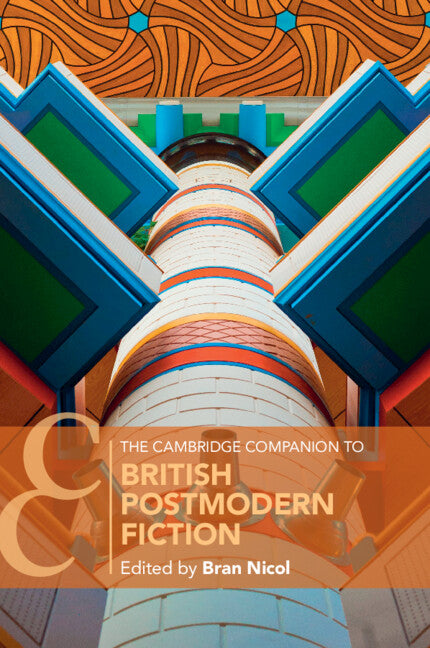The Cambridge Companion to British Postmodern Fiction
Author(s): Edited by Bran Nicol
Couldn't load pickup availability
🚚 Please note we can only ship within the UK.
FREE delivery on books (excluding sale).
Delivery for other items is £1.50 - £4.50, calculated at checkout.
T&Cs apply.
Free click & collect on all orders.
Postmodern modes of writing have contributed to a rich tradition of innovative and memorable British fiction in the period stretching from the late twentieth century to the present day. Postmodernism has been dismissed as introspective or ahistorical, but its British incarnation demonstrates how compassionate, political, and socially conscious it can be. This volume provides fresh, accessible readings of the most influential examples of postmodern British fiction – and work by more recent, post-millennial writers working in its slipstream. It plots its emergence, reassesses its highpoint in the 1980s and 1990s, and delineates its legacy in the twenty-first century. A valuable resource for students, researchers, and the general reader, this Companion provides powerful critical frameworks to understand its geographies; its relationship to North American postmodernism; its renovation of literary forms such as the romance, speculative fiction, and the historical novel; and its vibrant engagements with race, gender, sexuality, and questions of national identity.
- Introduces new perspectives on the work of the most 'canonic' postmodern British writers (such as Fowles, Carter, Amis, Kureishi, Rushdie, Winterson, Barnes, Swift, and Byatt) by placing it in a broad literary tradition in Britain stretching from the 1950s to the present day
- Provides analyses of many widely read and widely studied examples of contemporary British fiction (e.g. by Nicola Barker, Hari Kunzru, David Mitchell, Ali Smith, and Zadie Smith), made fresh by considering their work in the context of postmodernism
- Explores what distinguishes postmodern British fiction from its North American counterpart, from a range of social, cultural, historical, and literary-technical perspectives
Share


